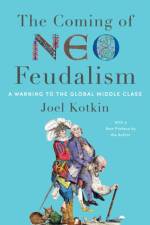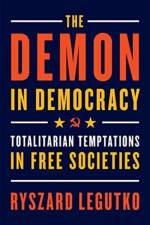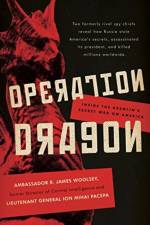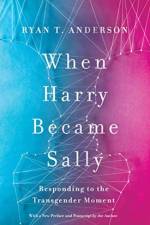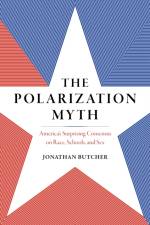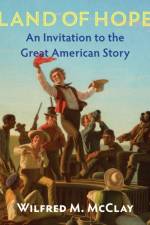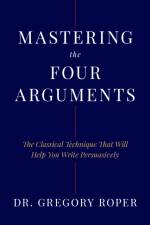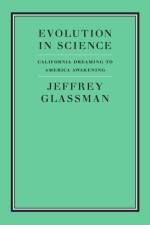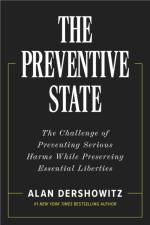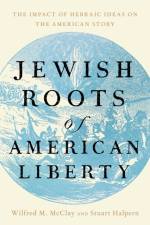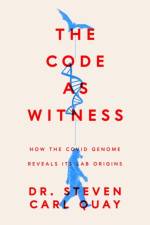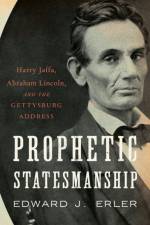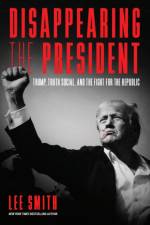av Adam Kissel
269,-
This book is a banquet of the absurdities that Ivy League universities serve up to their students under the rubric of general education. Anyone who wonders how the graduates of America's elite institutions come by their jaundiced view of our country should start here. The few who refuse to "slack" are limited to the hard sciences and the few remaining excellent courses in the humanities. --Peter Wood, President, National Association of ScholarsIvy League universities can no longer be trusted to produce well-educated students. Even a cursory review of the course titles at top schools shows that these $320,000-plus diplomas may confer legacy prestige to graduates, but not necessarily knowledge or wisdom. At Cornell, for example, students can take Queer Girlhood, Beyoncé Nation, and Intersectional Disability Studies. The course list at Yale includes Pop Sapphism and Comparative Settler Geographies. At Princeton: Shoes. Penn offers Reality TV and Gender and Decolonizing French Food. Even worse, these courses actually fulfill general education requirements. It is still possible to earn a great education at Princeton, Harvard, Yale, Penn, Columbia, Brown, Cornell, or Dartmouth, but doing so requires prudence and persistence. In Slacking, Adam Kissel, Rachel Alexander Cambre, and Madison Marino Doan dedicate one chapter to each Ivy League college, providing specific information about the coursework that serious students should pursue to extract a real education from these decaying institutions. Every chapter concludes with two course lists, both of which meet the school's general education requirements. One displays the worst collection of courses that an inveterate "slacker" could take to skate through the requirements for entertainment, reinforcement of political biases, and narrow specialization. The other lists the best choice of courses a dedicated striver could take to acquire a well-rounded, content-rich liberal education. The contrast between the two sounds a rousing alarm bell for curriculum reform at America's best-known colleges.

